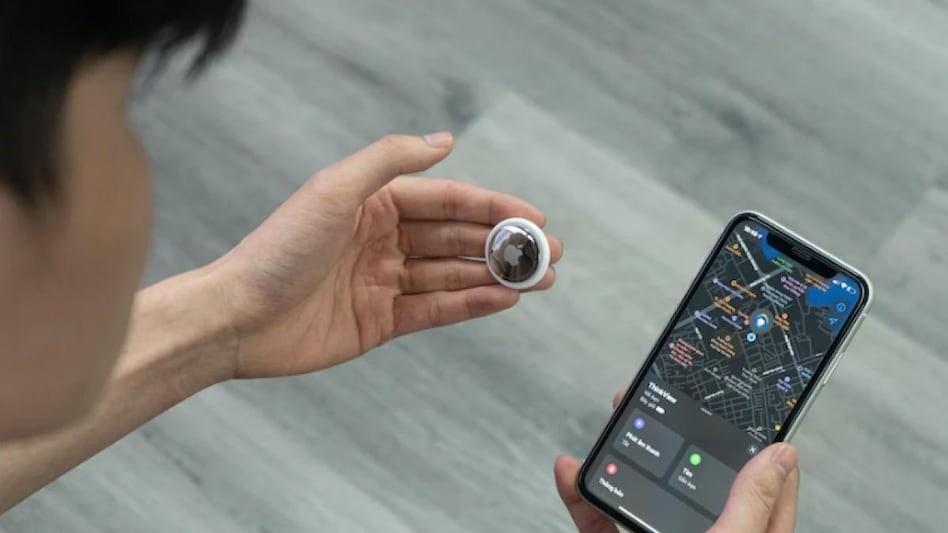Google testing Apple AirTag-rival for Android users to help locate lost items
Google is reportedly working on its own version of Apple’s AirTag, a location-tracking device that is designed to help users easily find lost items. The device, codenamed “Grogu”, is being developed by the Google Nest team and is expected to be released in multiple colour options.
Grogu
Google has codenamed the device Grogu presumably inspired by the baby Yoda character, according to a developer and reliable leaker Kuba Wojciechowski.
Google’s AirTag-like device will be designed to compete with Apple’s AirTag and Tile trackers. The device will use Bluetooth Low Energy (BLE) and ultra-wideband (UWB) connection features to help users locate lost items.
UWB offers far greater precision than Bluetooth for locating lost items and provides the ability to show both distance estimations and directions to a tag.
The device is expected to include an onboard speaker to help users locate a missing device via sound, similar to that of an Apple AirTag. Google is also reportedly bringing UWB to some of its other devices, such as Nest home speakers, to enable the tracking of lost items. Reports suggest that the device will be officially announced at the Google I/O Developer Conference sometime in May 2023.
Apple’s AirTag knows controversy all too well

The controversy around AirTags is simple. They are small, cheap, inexpensive trackers that have been used to help people keep track of their luggage and other belongings, as well as for more nefarious purposes like stalking people and setting people up for robberies. Apple has added anti-stalking features to AirTags over the past year, but the incidents keep recurring (with lawsuits and legislation accompanying them) because — well, AirTags are good at their jobs.
To make these tracker tags infinitely more useful and powerful than competitors’, Google and Apple both leverage large installed bases of billions of people across their platforms. With Apple’s Find My Network and the near ubiquity of Google Play Services in locations where Apple is weak, buying an AirTag and a hypothetical Google tag could leave even more people vulnerable to stalkers and robbers.
A Google tracker can only make things worse
But it’s not as if Google learns from Apple’s mistakes in all cases. Sometimes, the company walks back more thoughtful technological approaches and replaces them with Apple’s implementations. Google could learn from them and come out with superior, more privacy-focused products at the end of the day, but it’s more likely than not that it won’t.
Google has never been known for its privacy practices, and AirTags represent an untapped market for the company’s Android partners. At the end of the day, the tracking milk has already been spilled, the toothpaste can’t be put back in the tub, and other tedious metaphors of that kind.
Conclusion
Certainly, Google has a better chance of doing things right here. Apple AirTags has been out for several years and the company has made a few mistakes that updates have corrected. Google could simply build in those corrections into its own tags and neuter the problem outright.
Google could learn from Apple’s mistakes, but it’s more likely than not that it won’t.






